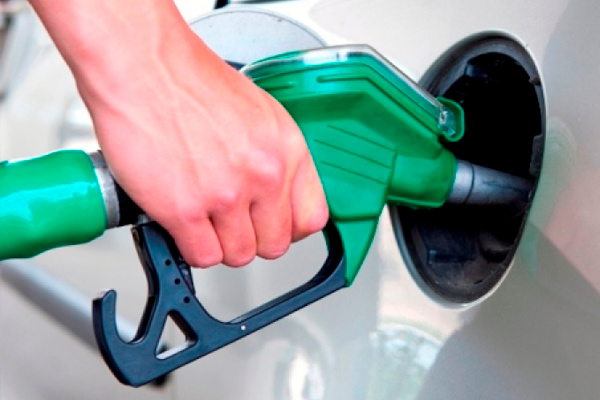
Proposal of Uzbekneftegas to increase excise tax on imported petroleum products is not economically feasible - Antimonopoly Committee
Tashkent, Uzbekistan (UzDaily.com) -- A proposal by Uzbekneftegaz to increase excise tax on gasoline imports from 5% to 20% in order to support local oil refineries is widely discussed in social networks.
On this issue, the Antimonopoly Committee declares the following:
It is known that excise tax on petroleum products is applied in almost all countries.
Excise duty is an indirect tax imposed on goods produced domestically or imported into it, as a rule, according to a clearly established list, the press service of the Antimonopoly Committee reports.
In international practice in developed countries, excise tax is considered a source of income to the state budget. In this case, the excise tax is established at a uniform rate regardless of whether the goods are domestic or imported.
At the same time, experience in establishing excise tax at various levels was observed in Belarus and Kazakhstan. This practice is applied from the point of view of preventing price increases for consumers and, conversely, reducing them or creating equal conditions for business entities. In particular, in Belarus from 28 February to 31 December, when selling gasoline produced by local producers, excise tax payers are exempt from the coefficient of 0.25. That is, taking into account the interests of consumers and in order to support local producers, without increasing the excise tax on imported gasoline, the exemption applies to excise tax on local gasoline.
In addition, in order to prevent a shortage of gasoline in the Kazakhstan market, in order to reduce the cost of socially significant gasoline, the excise tax on imported gasoline was previously almost three times lower than on local gasoline. However, since 2018, the amount of excise tax has been aligned in order to create a level playing field for market participants.
Until 2020, a number of privileges and preferences were applied at the oil refineries of Uzbekneftegaz. In particular, we are talking about the conditions indicated in the Decree of the President of the Republic of Uzbekistan dated 14 November 2017 No. PP-3386.
At present, Uzbekistan has created equal conditions for enterprises engaged in the production, import and sale of petroleum products. Considered to be monopolists in the market, the Bukhara and Ferghana refineries have been exempted from previous restrictions on pricing since May 2020. Now prices are formed on the basis of supply and demand at exchange trading.
The proposal of Uzbekneftegaz submitted to the Ministry of Energy to increase the excise tax on imported petroleum products is not economically justified.
In view of the foregoing, from the point of view of ensuring healthy competition in the market and taking into account the interests of consumers, the Antimonopoly Committee considers the proposal of Uzbekneftegaz to increase excise tax inappropriate.
It should be noted that the issue of establishing an excise tax on the import of petroleum products should be considered by the Tariff and Non-Tariff Regulation Council under the Ministry of Investment and Foreign Trade of the Republic of Uzbekistan. If the Council considers this issue, the Committee will participate in the process and defend the above position.